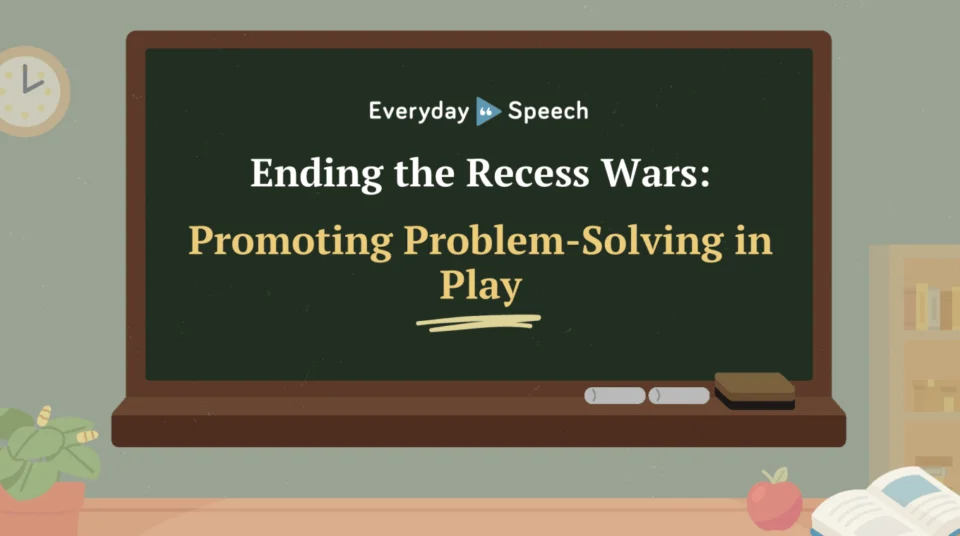Compromising and Controlling Feelings: A Guide for Elementary Educators
Get free social skills materials
No-prep lessons on self-regulation, emotional recognition, conversation skills, and more.
Sign up hereIntroduction
As educators, we understand that teaching students to compromise and control their feelings is essential for their social and emotional growth. This blog post will focus on the skill of compromising, which involves finding a middle ground when there are differing opinions or desires. It’s crucial for students to learn how to control their feelings and actions when they don’t get their way, as this will help them develop healthy relationships and manage conflicts effectively. Let’s explore a no-prep activity that will help students understand the importance of compromising and controlling their feelings.
No-Prep Activity
This activity, called “The Group Decision Game,” requires no preparation or materials from the educator. It’s a simple yet effective way to help students practice compromising and controlling their feelings.
- Divide the students into small groups of 3-5.
- Assign each group a decision-making scenario, such as choosing a game to play or a movie to watch.
- Give the students a few minutes to discuss and come to a decision that everyone in the group agrees on. Encourage them to listen to each other’s opinions and find a solution that satisfies everyone.
- As the students discuss, observe their interactions and note any instances where students show signs of frustration or impatience.
- After the activity, bring the class together and discuss the importance of compromising and controlling their feelings in group settings.
Discussion Questions
- Why is it important to compromise when working in a group?
- How did you feel when you had to give up something you wanted for the sake of the group? How did you handle those feelings?
- What strategies can you use to control your feelings when you don’t get your way?
- How can not compromising or controlling your feelings affect your relationships with others?
- Can you think of a time when you had to compromise and control your feelings? How did it turn out?
Related Skills
Teaching students the importance of compromising and controlling their feelings is just one aspect of Social-Emotional Learning. Other related skills that students should develop include:
- Active listening: Encouraging students to listen carefully to others and respond thoughtfully.
- Empathy: Helping students understand and share the feelings of others.
- Conflict resolution: Teaching students how to resolve disagreements in a healthy, constructive manner.
- Assertiveness: Guiding students to express their needs and opinions respectfully and confidently.
Next Steps
Now that you have a better understanding of the importance of compromising and controlling feelings, we encourage you to continue exploring these skills and others with your students. To help you in your journey, we invite you to sign up for free samples of our skill-based materials, which include engaging activities and resources for educators like you. Together, we can empower our students to develop healthy social-emotional habits that will benefit them for years to come.

